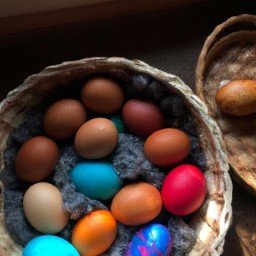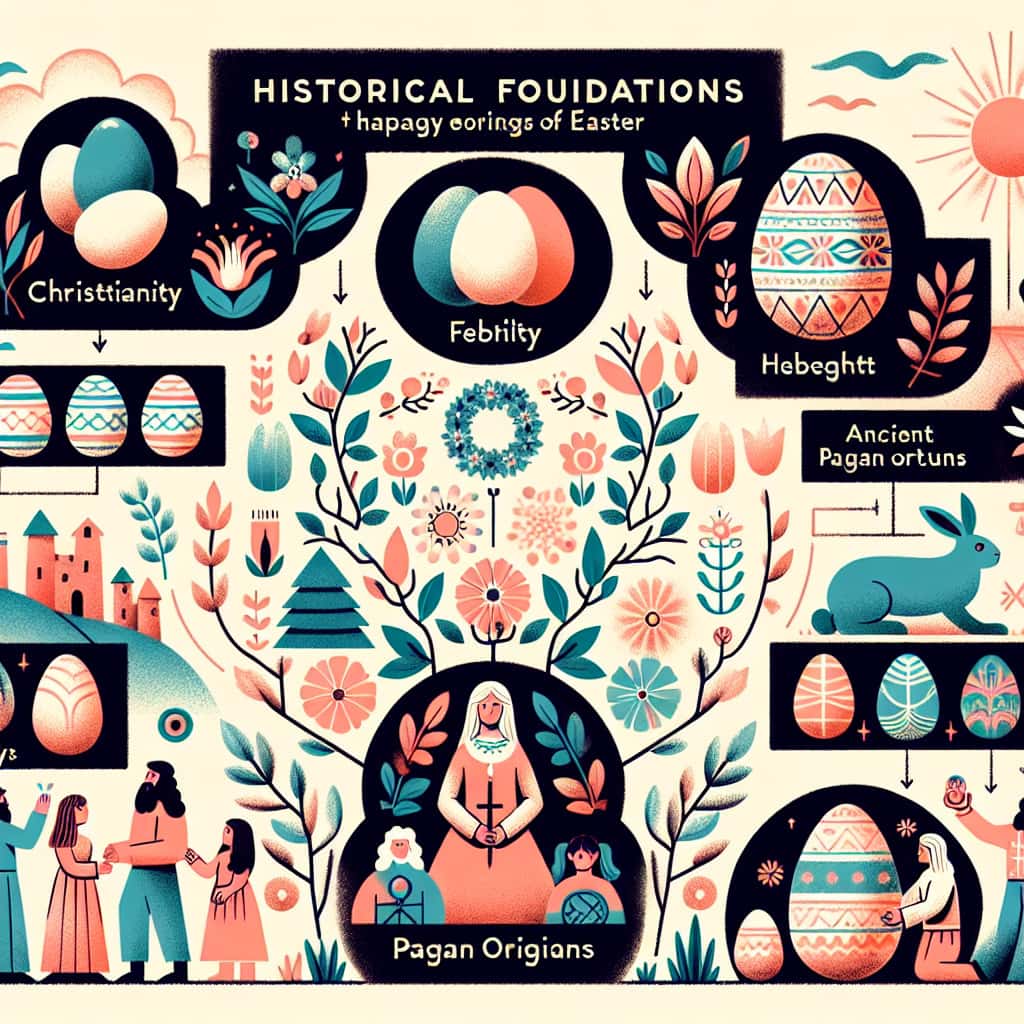Easter is widely known as a Christian holiday, but did you know that it has its roots in Pagan celebrations? In this article, we will look at the origin of Easter and explore the Pagan traditions that have shaped it. We will also look at how Easter is celebrated around the world today, and how its Pagan roots are still celebrated in some parts of the world. So if you’re curious about the Pagan origins of Easter, this is the article for you.
What is the Pagan Holiday Easter?
Easter is a Christian holiday that celebrates the resurrection of Jesus from the dead. For many, it is a time of worship, celebration, and renewal of faith. But Easter has deep roots in ancient pagan tradition, as well. It is believed that many of the symbols and traditions associated with Easter have their origins in pagan celebrations that predate Christianity.
What Pagan Traditions Are Associated With Easter?
The symbols and traditions associated with Easter have been around for centuries. Many of the symbols and traditions we now associate with Easter have their roots in ancient pagan customs.
One of the most common symbols associated with Easter is the bunny, or rabbit. In ancient times, rabbits were seen as symbols of fertility and new life. This is why they are often used as symbols of Easter.
Another symbol associated with Easter is the egg. In ancient times, eggs were seen as symbols of rebirth and fertility. The practice of coloring eggs is believed to have originated in pagan cultures, as a symbol of spring and renewal.
What Is Easter Sunday?
Easter Sunday is the day on which Christians celebrate the resurrection of Jesus from the dead. It is the most important day of the Christian year, and is celebrated with joy and solemnity in many churches.
The date of Easter changes from year to year, as it is determined by the phases of the moon. Easter Sunday is typically celebrated on the first Sunday after the first full moon after the Spring Equinox.
How Do Pagans Celebrate Easter?
Pagans may celebrate Easter in a variety of ways, depending on their individual practices. Some may choose to celebrate the day with a ritual or gathering of friends and family. Others may focus on the traditional symbols of Easter, such as eggs, rabbits, and flowers, to celebrate the season of renewal.
Many pagans also celebrate the Spring Equinox, which occurs around the same time as Easter. This is the time when day and night are of equal length, and marks the beginning of a new season. Pagans may choose to celebrate the Equinox with a ritual or gathering, and may also use the time to honor nature and the changing of the seasons.
Conclusion
Easter is a Christian holiday that celebrates the resurrection of Jesus from the dead. But it also has its roots in ancient pagan tradition, with many of the symbols and traditions associated with Easter having their origins in pagan celebrations. Pagans may celebrate Easter in a variety of ways, from rituals and gatherings to honoring the traditional symbols of Easter. No matter how one chooses to celebrate, Easter is a great time to reflect on the power of renewal and rebirth.
Easter is a holiday that has been celebrated for centuries and continues to be celebrated by many people today. It is a day of joy and celebration, and it is a time to remember the resurrection of Jesus Christ. Throughout the years, Easter has taken on many different forms and meanings, but the core of the celebration remains the same: a celebration of faith, hope, and renewal.
No matter what your beliefs are, Easter is a time to come together and celebrate the joy of the season. It is a time to reflect on the importance of faith and the power of hope. Easter is a time to celebrate the resurrection of Jesus Christ and to honor those who have gone before us. So, no matter what your beliefs are, take a moment to celebrate the joy of Easter and to remember the power of faith and hope. **Happy Easter!**





